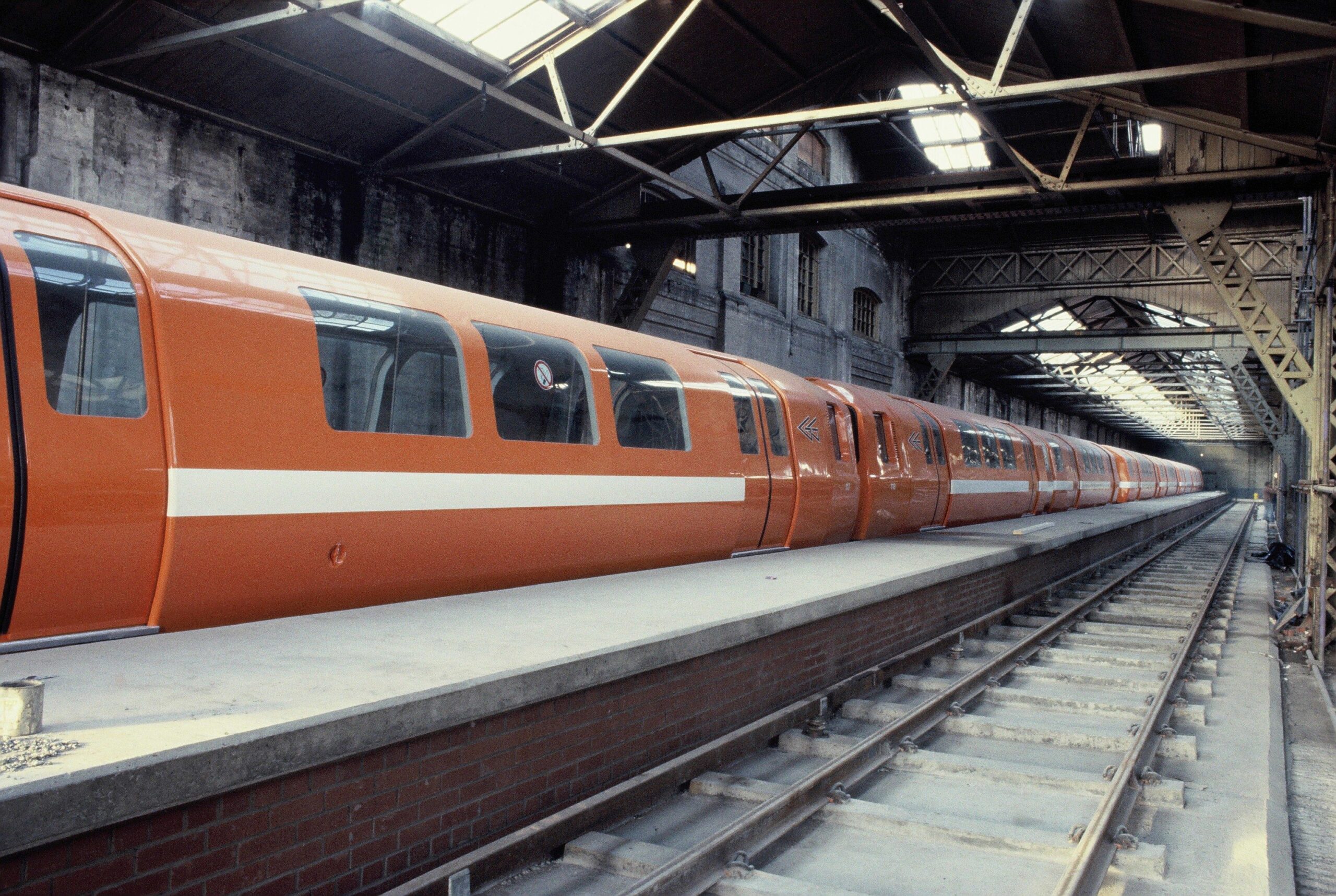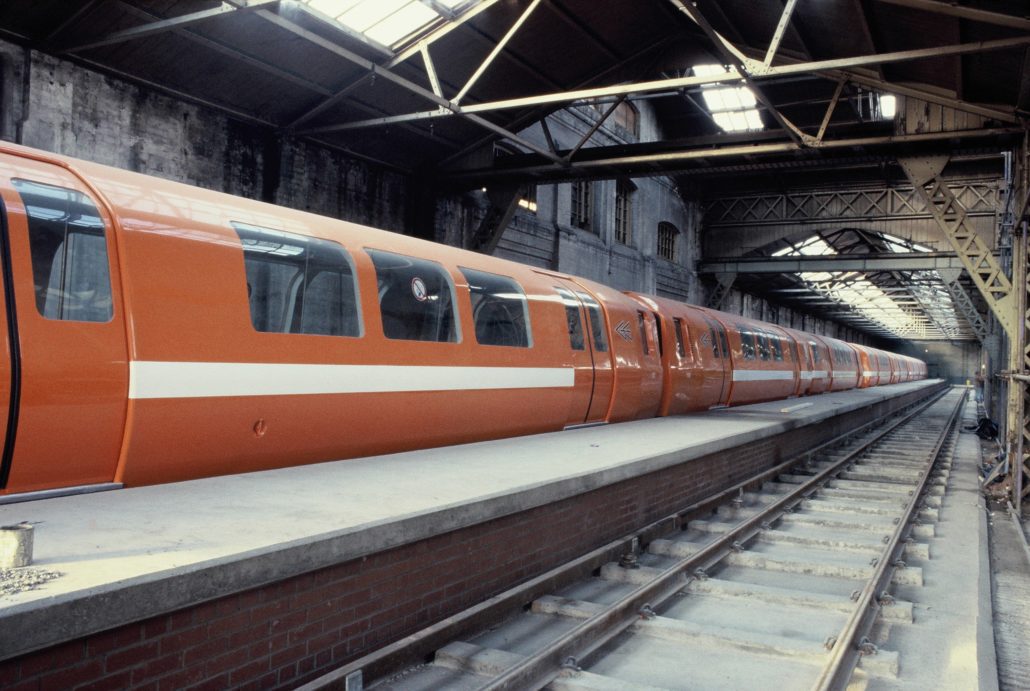A PLAN to reconnect Glasgow’s left behind communities and rejuvenate the city centre has been launched by the independent Glasgow Connectivity Commission.
In a wide-ranging set of recommendations, the Commission, chaired by transport expert Professor David Begg, called for radical action to bridge the connectivity gap separating areas of the city which were thriving from those which suffered from transport isolation and lack of opportunity.
It included proposals which would pave the way for the biggest reconstitution of the city centre streetscape in nearly half a century, giving greater priority to pedestrians and allowing for the creation of public spaces “worthy of a great European city”.
Its key recommendations include:
- A strategic repurposing of the city centre road network to prioritise pedestrians and people-friendly public spaces and better separate different modes of transport by replacing the existing inefficient grid system with a “smart grid”
- The acceleration of the Avenues project and its extension into other parts of the city centre such as George Square, Argyle Street, Cathedral Street and the High Street
- Greater use of car parks and bus terminals in order to reduce the number of vehicles in the city centre
- Bus priority measures and service improvements to reverse the decline in patronage and drive 25% passenger growth over five years
- Glasgow City Council should use powers in the Scottish Transport Bill to regulate bus services if a partnership approach doesn’t deliver this level of growth
- Local authorities in Scotland should be given the powers in the Scottish Transport Bill to introduce non-residential parking charges, covering both workplace and retail parking
- Glasgow City Council should propose the transport projects that could be funded from this revenue stream and assess the economic, social and environmental case for using these powers
- A particular emphasis should be placed on supporting city centre retail at a time when it is under increasing pressure
- Better monitoring of city traffic volumes and speeds in order to better assess the merits of introducing a congestion charge
- Glasgow City Council should lead by example and review whether council workers should be given free or subsidised car parking
The Glasgow Connectivity Commission was established last November by Glasgow City Council leader Susan Aitken and asked to provide independent recommendations on improving Glasgow’s connectivity.
In June, it published interim findings showing that Glasgow, in comparison to similar successful European cities, had a far higher proportion of its city centre used by roads, low urban population density, a dramatic decline in bus use and gaps in its fixed rail network.
The report published today is the first of two containing recommendations aimed at addressing these issues and will cover areas under the control of the council including bus use, roads, planning and active travel measures.
A second report will be published early next year which will address issues outwith the control of the council including development of the rail network, strategic road network and governance of transport planning.
Speaking at the launch of the phase one report today, Professor Begg invited Glasgow City Council to identify within six months how it planned to respond to the Commission’s recommendations.
He said: “I’d like to thank Susan Aitken for establishing this Commission and asking us to provide robust and independent advice on the connectivity issues Glasgow faces.
“Glasgow is a great European city and the economic powerhouse of Scotland. But not all of its citizens are connected to the opportunities the city provides – which is placing a barrier on its growth potential.
“And its streets, particularly in the city centre, do not offer an experience worthy of a great European city, the consequence of decades of planning decisions which have prioritised car use of pedestrians and denuded its public spaces.
“The recommendations included in this report offer an opportunity to radically transform Glasgow’s city centre – ensuring it becomes an attractive place to live, work, visit and invest – while better connecting all its citizens so as to deliver inclusive growth.
“We have built on the very positive work already being undertaken by Glasgow City Council such as the Avenues project, Low Emission Zone, cycling schemes and recently formed bus partnership. But an incremental approach to these is not enough. Now is the time for radical action.”











